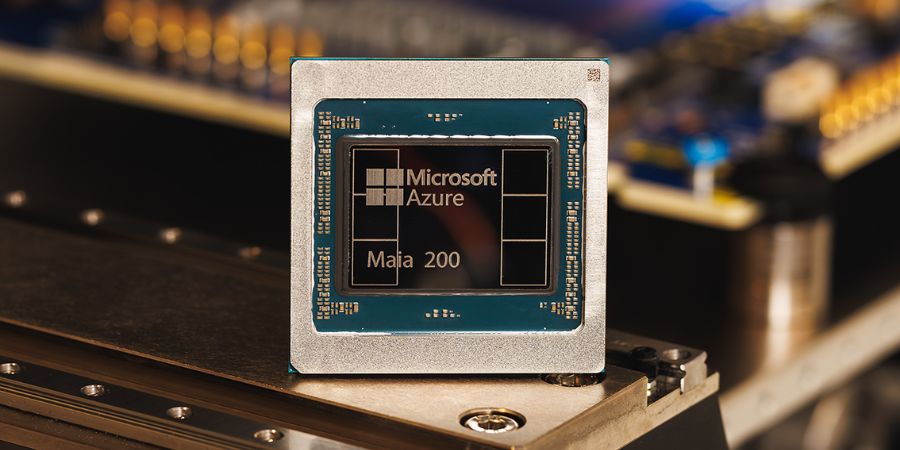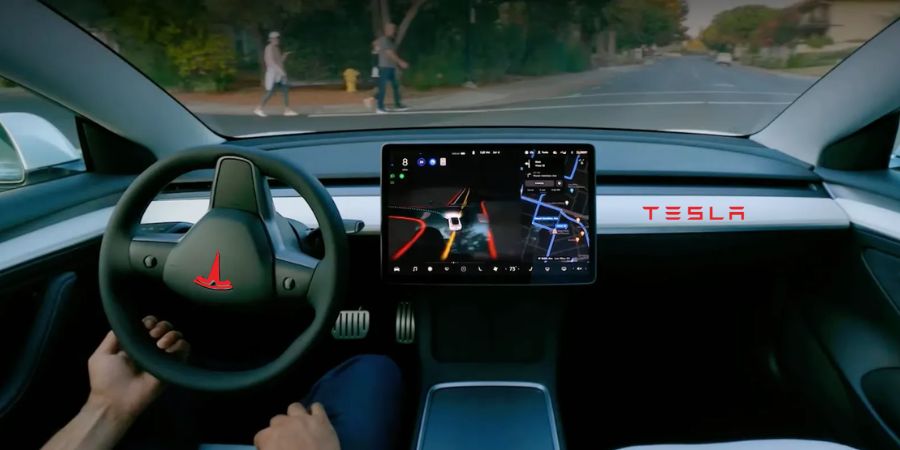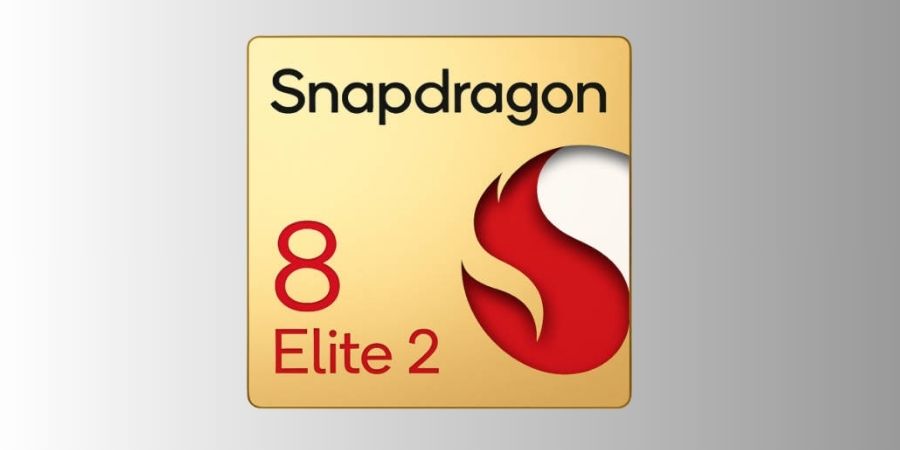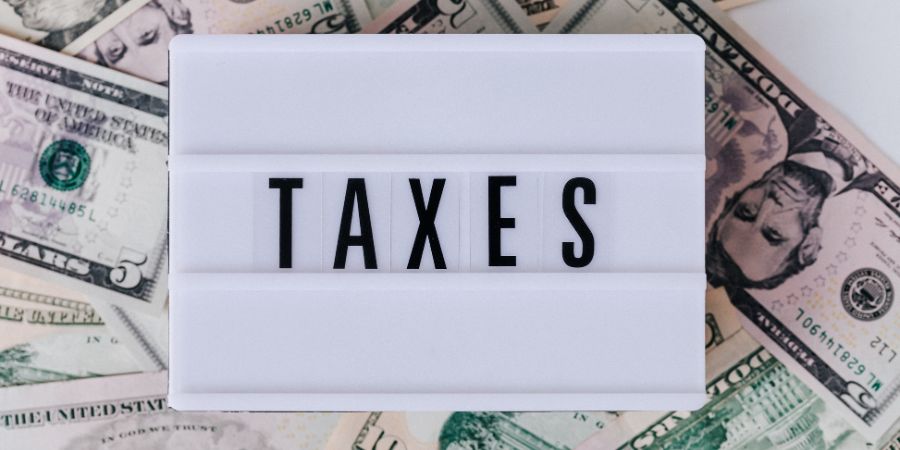When news broke that the world’s richest man has gone years without a salary, it was bound to spark strong opinions. That’s exactly what happened when Elon Musk’s younger brother, Kimbal, went on CNBC and declared: “He deserves to be paid.”
This single statement ignited a storm of debate around executive compensation, stock-based incentives, and how we value leadership in today’s business world.
The Big Reveal
On CNBC’s Squawk Box, Kimbal Musk highlighted his brother’s unusual pay structure. He explained that the Elon Musk salary controversy isn’t just about money—it’s about fairness and recognition.
For the past 6–8 years, Elon has:
- Taken zero base salary or cash bonuses.
- Relied solely on performance-based stock options.
- Earned only when Tesla hits strict financial and operational milestones.
Recently, Tesla’s board approved a new stock-based package worth nearly $29 billion (96 million shares) that will vest over two years if Elon remains CEO. This decision comes after a Delaware court struck down his earlier $56 billion pay deal.
Kimbal’s Defense: A Brother’s Perspective
Kimbal’s statement was simple yet powerful: “I think my brother deserves to be paid.”
For him, it wasn’t about adding billions to Elon’s wealth—it was about acknowledging years of relentless work and vision. He also emphasized that:
- The final decision rests with Tesla shareholders.
- Even billionaires deserve fair recognition for leadership.
- Strong leadership is essential as Tesla expands into AI, robotics, and global EV markets.
Why This Matters
This debate goes far beyond just one man’s paycheck. It opens up bigger questions about corporate leadership, fairness, and the future of executive pay.
The Core Issues:
- Fairness vs Performance – Most CEOs enjoy hefty salaries and bonuses. Musk only benefits if Tesla grows. Is this fair or extreme?
- Legal Battles – Courts struck down his previous $56B package due to governance concerns, forcing Tesla to re-think.
- Public Perception – Watching the world’s richest man receive “no salary” yet billions in stock raises eyebrows on inequality.
- Leadership Motivation – With Musk splitting time between Tesla, SpaceX, and xAI, how do you ensure he stays focused?
Why Kimbal’s Comment Struck a Chord
In simple human terms, Kimbal’s honesty resonated with people.
- Rare Honesty: Billionaires rarely defend each other so openly in public.
- Human Touch: Beyond money, it felt like a brother speaking from the heart.
- Complex Context: It tied together legal battles, leadership strategy, and the question of fairness.
Key Facts at a Glance
- Elon Musk salary: No salary or bonuses for 6–8 years.
- New stock award: 96 million shares (~$29 billion), vesting over 2 years.
- Reason: Court rejected his 2018 $56 billion package.
- Kimbal’s stance: Elon should be compensated for his leadership.
- Decision-makers: Tesla shareholders hold the final vote.
Frequently Asked Questions
Q1: Why doesn’t Elon Musk take a normal salary?
A: His pay relies fully on stock performance to align with Tesla’s growth.
Q2: What happened to the $56B package?
A: It was invalidated by a Delaware court due to governance issues.
Q3: What exactly did Kimbal say?
A: “I think my brother deserves to be paid… he has zero pay for the past six to eight years.”
Q4: What’s the new package worth?
A: Around $29 billion in stock, spread over 2 years if Elon stays as CEO.
Q5: Who decides if he gets it?
A: Tesla shareholders, not just the board.
Final Thoughts
This is more than just a billionaire headline—it’s about fairness, recognition, and leadership.
When someone like Elon Musk dedicates years to transforming Tesla into a global powerhouse without a paycheck, the debate isn’t just about wealth—it’s about how we value visionaries who change industries.
Kimbal Musk’s heartfelt defense—“he deserves to be paid”—turns an abstract financial controversy into a relatable human story. It forces us to reflect on what real compensation means: not just money, but recognition for building something extraordinary.













